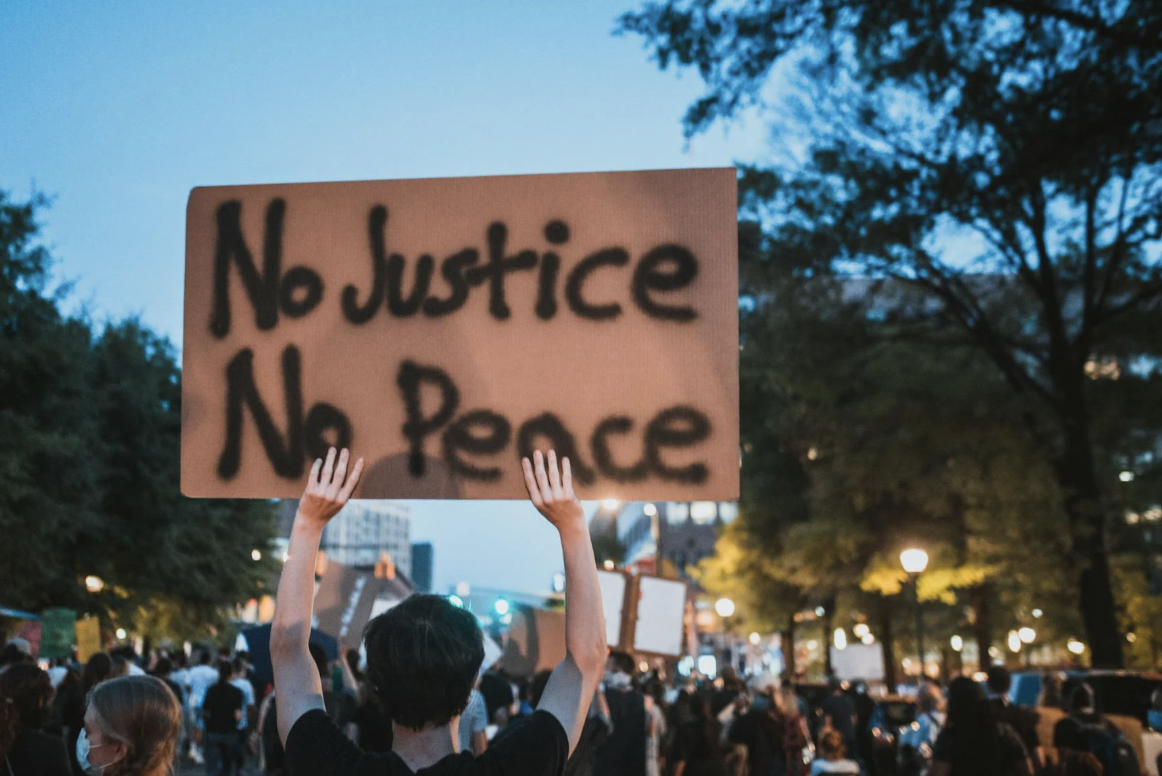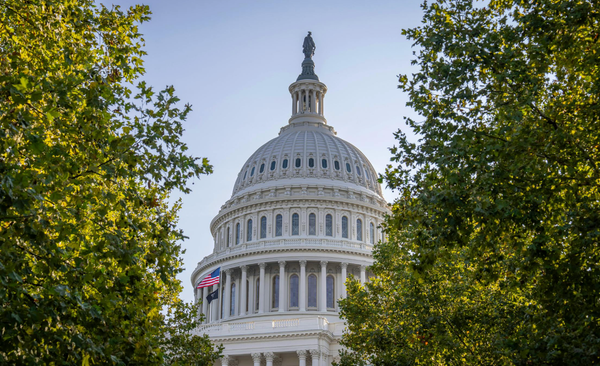Debunking "Fairy-Tale" Resistance in China and the United States

People love a good protest story, and they love to feel good about protestors visibly showing courage against injustice, repression and authoritarianism. I do too. But there is a line between encouraging others to stand up and mythmaking about the actions of standing up. One is survival, and the other is a form of self-soothing delusion.
Within China spaces, there is a false notion held by some that American institutions are some kind of infallible bulwark. Because China is inflexible as a law enforcement system, the United States is often framed as a softer, more open-society option and governance model. Some analysts take this idea even further and don't want to believe that the United States can and does take on authoritarian choices like censorship, big data surveillance, activist targeting, economic censorship, and other options. I see it all the time in pieces like a new op-ed by former human rights NGO worker Yaqiu Wang in the New York Times:
My experience working with victims of Chinese government abuses is that when the Communist Party’s iron fist first punches them, most people freeze and submit — but gradually, many will stand up, because of an innate sense of right and wrong. Some will become extraordinary human rights activists.
Standing up can restore one’s sense of dignity and offer an important sense of internal liberation.
This type of mythmaking obscures some core parts of the story of these activists, dissidents and otherwise maligned parties. Extraordinary human rights activists aren't hit just once with punches, but are pummelled continuously. It literally happened with Martin Luther King Jr., who was surveilled by the FBI and told to commit suicide as he led other civil rights activists. The families of Tiananmen survivors, Chinese academics that wrote critically of Xi, and the wide community of Uyghurs and Turkic minorities remain under strict monitoring.
They can possess an innate sense of right and wrong, yes. They can stand up for themselves, yes. However, nothing prevents the state from throwing punches, tear gas and jail sentences over and over again.
There was and is no magical pill of courage for activists to take, and the courage they must carry is often lonely, unrewarding and undervalued.
Wang's conclusion of the piece doubles down on the fiction of American exceptionalism that the country simply hasn't earned, particularly in the Trump Administration's rerun:
The United States has a long tradition of supporting freedom and democracy fighters around the world, me included. I still believe in the promise of this nation. And so I offer you a Chinese blessing, Americans: Jiayou! Don’t give up!
Setting aside the trite Orientalist conveyance of a blessing, I'm not sure where or when the United States has earned trust in its promise of supporting freedom and democracy fighters. Those were the first to be defunded under Donald Trump and Marco Rubio, with programs at USAID and the State Department getting gutted without an ounce of reluctance. The administration's refusal to obey judicial rulings to return detained migrants like Kilmar Abrego Garcia is an ongoing problem, as are the open censorship efforts against businesses, institutions of higher learning and the general public.
I don't want to give up in the American people. I think the world of people that hold fast to their beliefs in inclusiveness, multiculturalism and respect for human rights. However, there is much to be discarded from the current dregs of American political framework. It hasn't worked, and what remains from the Biden Administration are the means of censorship, repression and browbeating tactics used to silence people that spoke out about its Israel policy and hardline immigration tactics already underway. Promises aren't as relevant to me at this point in time. I'm thinking about power and how power is exercised.
So I leave you, readers, with what I think you should be learning from Chinese human rights crises and repression:
- Shaming can work. Recording, shaming and documentation is growing, and people can watch for what poses a danger to neighbors. Even if deleted, there is value in writing down or taping what is going on.
- Know your demands and find a community. The CCP loathes assembly. Hates it. Trump's government has begun crackdowns on campuses, which might expand to other gathering types, as well. Talk to your church, Discord, people you wait in line with, and more about what's going on around you.
- Human rights are intrinsic, and not earned or given as a treat. Don't back down and don't compromise on this truth.



